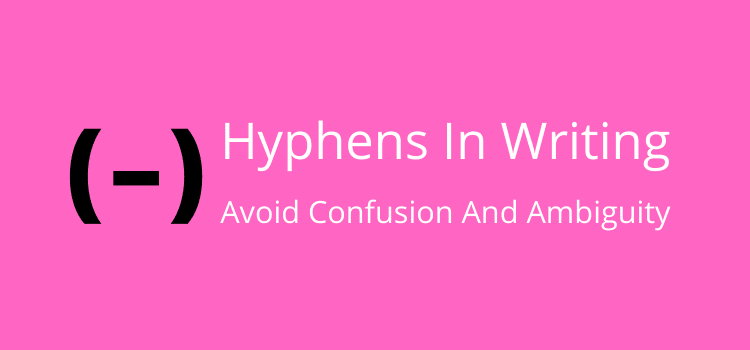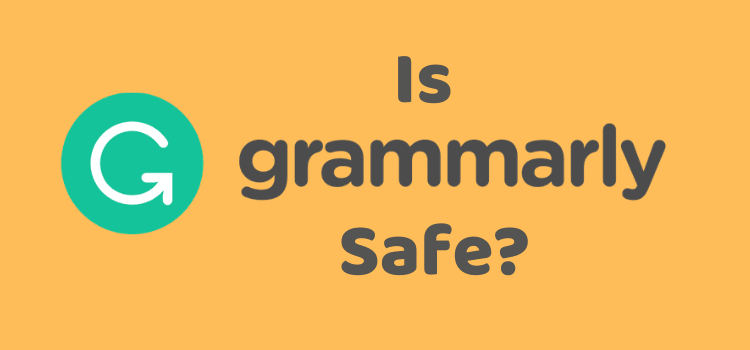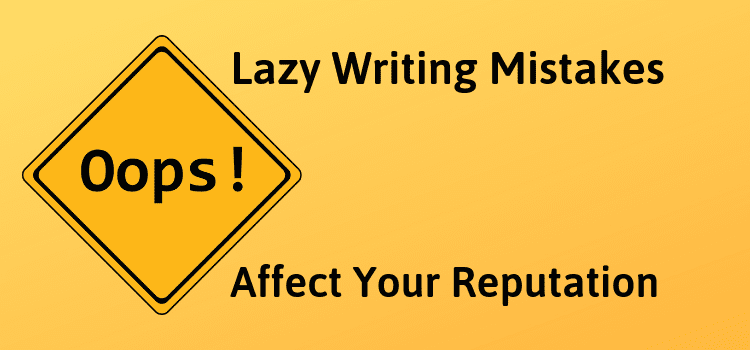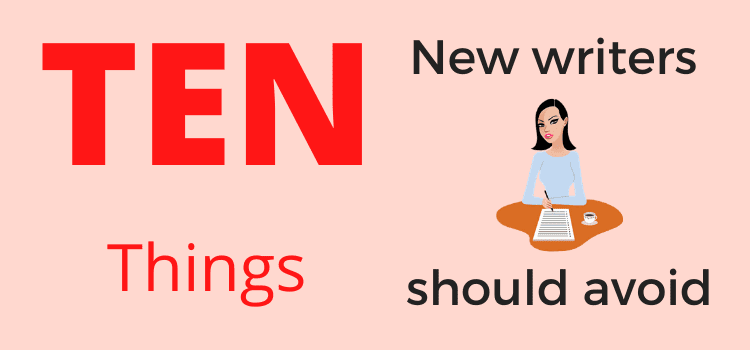
Hyphens in writing are an essential punctuation point. However, using hyphens can sometimes be a little confusing for new writers.
But knowing when and how to use them correctly is not as challenging as it seems.
There are many uses for hyphens. However, most difficulties arise with permanent and temporary compound adjectives.
When you use a compound adjective before a noun, you need to decide if you should use a hyphen to avoid confusion.
When to use hyphens
There are no hard and fast rules governing the use of hyphens.
When you research, you will find that many style guides and even dictionaries differ in their interpretations.
If you want to dig deep into hyphen use, there are twenty-six general rules that cover most cases.
But our language is evolving every day, including the application of punctuation.
When you read major newspapers and magazines, you will notice a difference between hyphen use and punctuation.
So, it can be challenging to know when to use a hyphen, em dash, or even an en dash.
However, there is one general rule on which most style guides agree.
If you think an expression could be confusing for a reader, use a hyphen.
Let’s look at the most common areas where you will need to decide when to use hyphens or not.
Then you can make the best choice.
Permanent compounds
Permanent compounds are words or fixed expressions that are part of everyday language.
You can typically find most of them in a dictionary.
They can be closed (one word), hyphenated, or open (two words).
The form depends on conventional usage rather than on a strict rule.
Closed Compounds: Two words joined together to form a single word.
Examples: toothpaste, mailbox, haircut, fingernail, bookshelf
Hyphenated Compounds: These expressions use hyphens for clarity or accepted use, often defined in dictionaries.
Examples: mother-in-law, well-being, editor-in-chief, up-to-date, single-minded
Open Compounds: These are two separate words considered as a single concept.
Examples: high school, living room, post office, hot dog, bus stop
Another aspect of permanent compounds is that they can change from one form to another over time.
Typically, many of these are due to changes and use of technology.
Examples: on line/online, web site/website, note book/notebook, e-mail/email
Permanent compounds always remain the same no matter where they occur in a sentence.
Temporary compounds
Writers create temporary compound adjectives all the time to meet a particular need.
You use them to describe the noun that follows accurately.
When you use a compound adjective before a noun, you should always take special care with hyphens.
Here are some quick examples to help you.
Small business investor
Small-business investor
When you don’t add a hyphen, the possible perception is that the investor is very short. But with a hyphen, it is clear that the investor invests in small businesses.
Foreign sales representative
Foreign-sales representative
In the first example, it is unclear because it could mean that the sales representative is foreign.
With a hyphen, though, it is certain that the representative specializes in sales of products or services to foreign countries.
Small village feeling
There is no need for a hyphen because the meaning is apparent in this phrase.
However, a change of one word to the sentence makes a difference.
Little village feeling
Little-village feeling
Using the word little in a compound adjective can mean not much at all or almost none.
A hyphen fixes the problem by joining the two words so that the sense of little is small and relates to size and not quantity.
When to hyphenate compound adjectives
You can use compounds either before or after a noun.
You might want to move a compound expression after the noun to make your meaning more precise.
Using a hyphen in this situation is not always necessary because the phrase usually has more clarity.
But again, it depends on which style guide or punctuation rules you follow.
In the two examples below, the second phrase doesn’t necessarily need a hyphen.
Client-centered support
The support was very much client centered
Open-ended discussion
The discussion was open ended
You can use the following two general rules to help you make the correct choice.
Hyphenate before a noun to avoid ambiguity for compound numbers, fractions, age descriptors, and participle-containing adjectives.
Do not hyphenate after a noun, with adverbs ending in -ly and proper nouns.
Self compounds
All compounds that use self must have a hyphen, whether they come before or after a noun.
Self-motivated entrepreneur
An entrepreneur is self-motivated
Self-assured actor
An actor is often self-assured
Self-defense course
A course in self-defense
A hyphen with re
Whenever you use the prefix re to indicate again, be careful when there is the same full word.
Using a hyphen makes sure there is no confusion between the two forms of a word.
Re-sign and resign
To sign again or to quit a job.
Re-press and repress
To iron one more time or to limit or suppress.
Re-form and reform
To form again as a group or to improve or change.
Re-sent and resent
To send again or to dislike or begrudge.
Re-cover and recover
To replace a cover or to overcome an illness.
Other compounds
A few common compound adjective structures with numbers, abbreviations, and capitalized words always need a hyphen.
Post-1850 literature
Pro-DRM publishers
Pre-Google times
Deciding on hyphens in your writing
Is it better to use hyphens with compounds when you are not sure? The answer is yes, probably.
There are many expressions that commonly use hyphens.
Up-to-date
Step-by-step
State-of-the-art
long-term and short-term
Merry-go-round
Round-a-bout
Old-fashioned
In-depth
But when you are creating your temporary compounds, take extra care.
Again, it’s probably better to use a hyphen if you are not 100% sure the sense of the expression is clear and obvious.
Summary
Like me, you probably take the easy way out quite often, letting your grammar checker do the work for you when you are not sure.
But be careful because your grammar tools are not always 100% accurate.
That’s why you should have a good understanding of punctuation points such as hyphens so you can make the right decision.
In this article, I have only covered the basics, which will hopefully help you avoid ambiguities or confusion in your writing.
It is certainly not a definitive guide, and the examples I used are open to interpretation.
There are many resources available online covering this punctuation point.
If you are not sure about your use of hyphens in a specific phrase, try checking a reliable source, such as a dictionary, for an explanation.
As I said in the article, there are no hard and fast rules for hyphens in writing. You need to decide each time based on the best information you can find.
But in the end, it always comes down to using a hyphen to give clarity and avoid any possible confusion.
Related reading: The Hyphen Is Disappearing, But We Still Need The Little Dash
Share This Article



This is one of the best pieces I have read about something that can be confusing. I understand the hyphen and em-dash, but could you explain the en-dash and give an example of when we use it. In a separate question, what is the easiest way to make the en-dash symbol?
I have two methods of making an em dash when I’m typing in Word. I have the code memorized (alt + 0151). The other method is to use two hyphens which magically turn into an em-dash when I hit the space bar and type the next word.
There’s a link in the article, hyphen, em dash, or even an en dash.
It will take you to an article where you’ll find all the answers to your questions about en dashes, Pete.